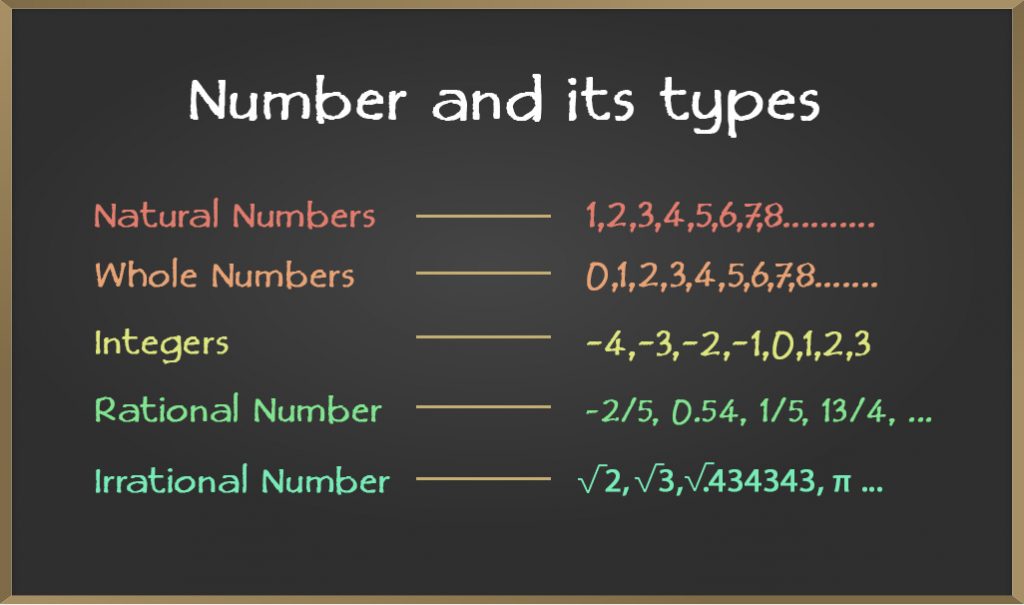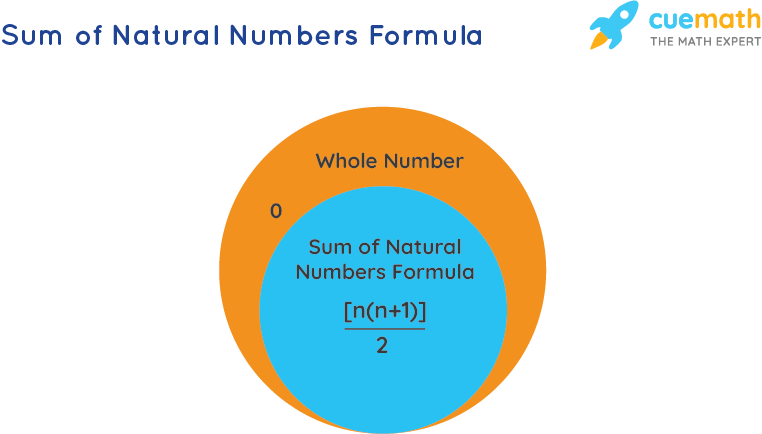
Names of standardized tests are owned by the trademark holders and are not affiliated with Varsity Tutors LLC.Ĥ.9/5.0 Satisfaction Rating based upon cumulative historical session ratings through 12/31/20. Hamilton in 1845, form a number system with three Is important because for any polynomial p ( x ) with real number coefficients, all the solutions of p ( x ) = 0 will be in C. The real numbers, in the complex system, are written in the form a + 0 i = a. The complex numbers include the set of real numbers. More on imaginary numbers and operations with complex numbers). The set of natural numbers,, where i is the imaginary unit, − 1. The natural (or counting) numbers are 1, 2, 3, 4, 5, etc. And zeroth has no meaning in the natural language.Number Systems: Naturals, Integers, Rationals, Irrationals, Reals, The 1st of January was day number $0$ of the new year. I would say that in the natural language the correspondence between cardinal numbers and ordinal numbers is off by one, thus distinguishing two sets of natural numbers, one starting from 0 and one starting from 1st. This has the ugly consequence that a fifth above a fourth (4+3) is an octave (7) not a nineth! On the other hand if you put your first finger on the C note of a piano your fourth finger goes to the F note. However the distance between C and F is actually three tones. The marks in the rule identify the end of the centimeters, not the start, since the first centimeter goes from 0 to 1.Īn example where counting from $1$ leads to somewhat wrong names is in the names of intervals between musical notes: the interval between C and F is called a fourth, because there are four notes: C, D, E, F. It is difficult to explain them why you have to start from $0$ when they are used to start counting from $1$. I have seen children measure things with a ruler by aligning the $1$ mark instead of the $0$ mark. The degree of a polynomial can be zero, as can be the order of a derivative
Natural numbers plus#
There is a notion to define sets without $0$ (for example $\mathbb R_0$ or $\mathbb R_*$), or positive numbers ($\mathbb R_+$) but not a clear notion to define a set plus $0$

Integer, real and complex numbers include zero which seems much more important than $1$ in those sets (those sets are symmetric with respect to $0$) It is easier to exclude one defined element if we need naturals without zero instead it is complicated to define a new element if we don't already have it The rests in the integer division by a $n$ are $n$ different numbers starting from $0$ to $n-1$ The starting point for set theory is the emptyset, which can be used to represent $0$ in the construction of natural numbers the number $n$ can be identified as the set of the first $n$ natural numbers

Pros of considering $0$ a natural number: In making limits, $0$ plays a role which is symmetric to $\infty$, and the latter is not a natural number. The harmonic sequence $1/n$ is defined for any natural number n People naturally start counting from $1$ Generally speaking $0$ is not natural at all. Pros of considering $0$ not to be a natural number:

But sometimes, expecially in analysis courses, it could be more convenient to exclude it. I think that modern definitions include zero as a natural number.


 0 kommentar(er)
0 kommentar(er)
